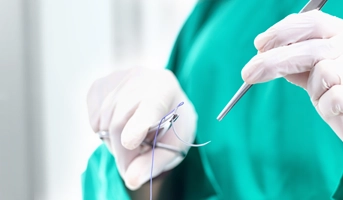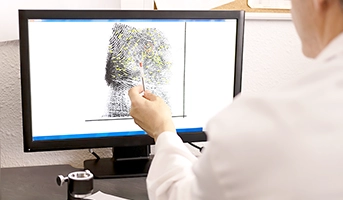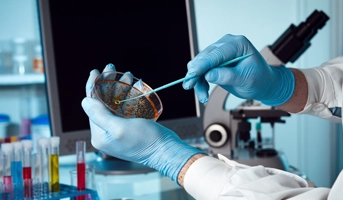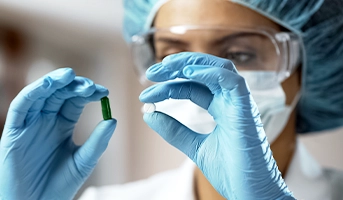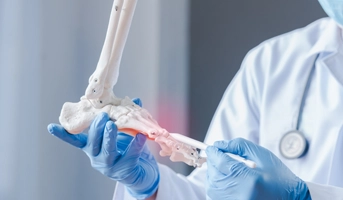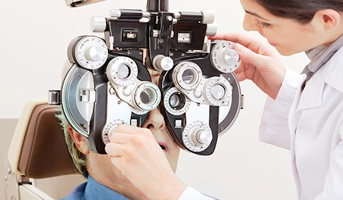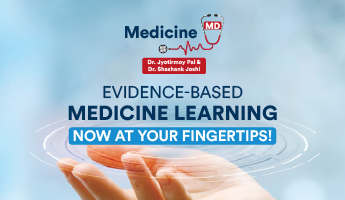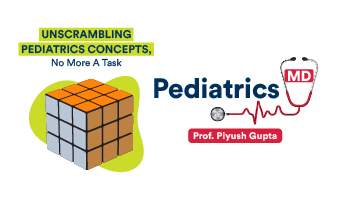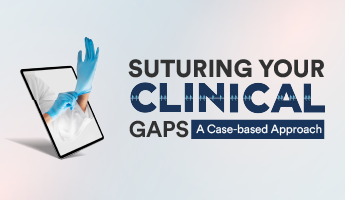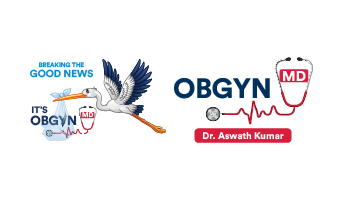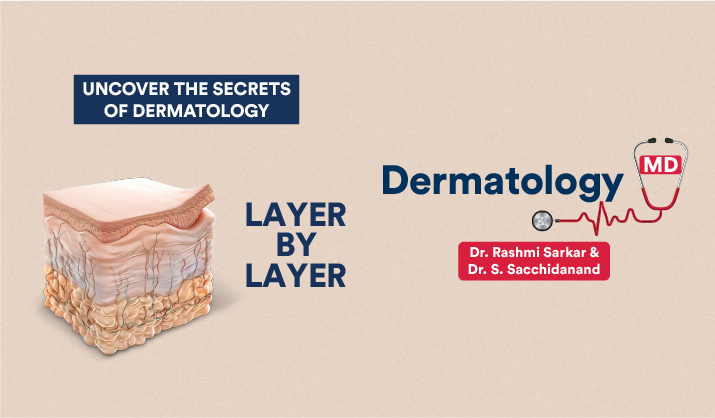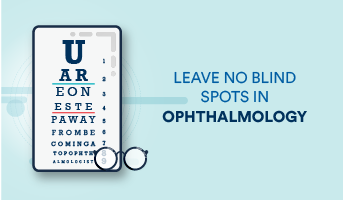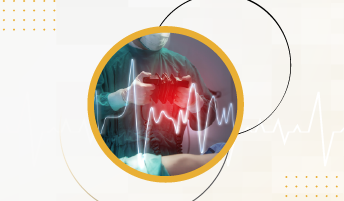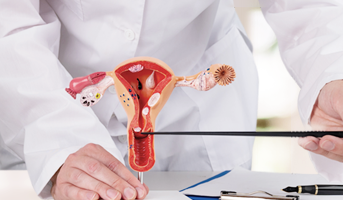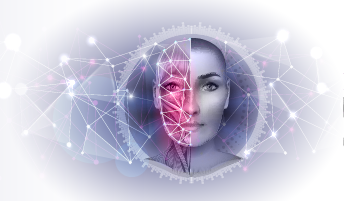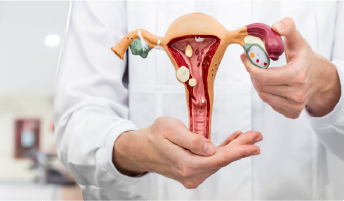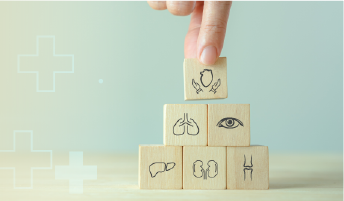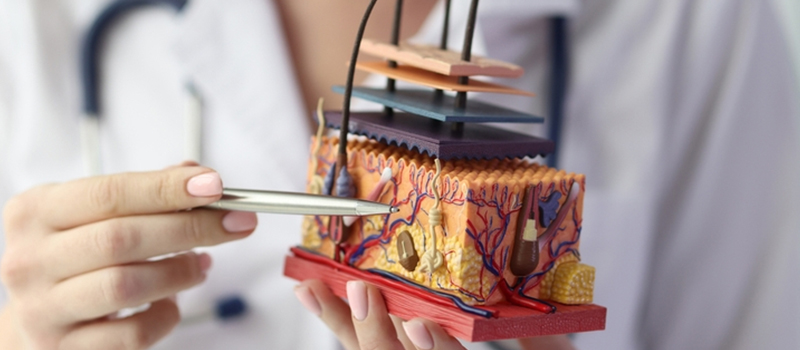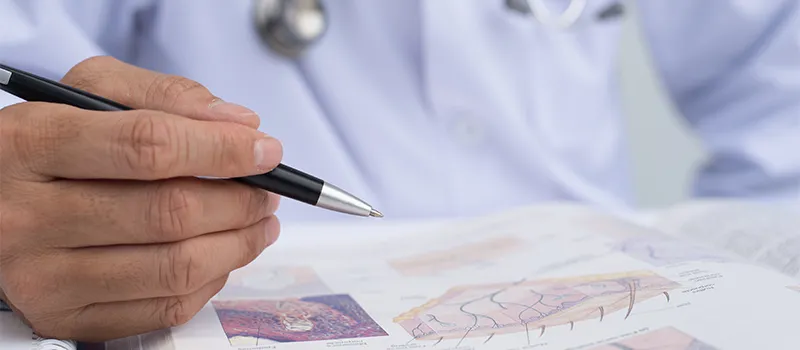

Career as a Dermatologist – How to Become, Courses, Job Profile, Salary & Scope
Dermatology is becoming one of the most competitive specialties in the medical sciences. Getting into this field requires years of training, in-depth knowledge, and a lot of hard work and patience throughout. Dermatology is a field of medical science that involves the research, study, diagnosis, and management of health conditions related to skin, hair, nails, and membranes. In several areas, including dermatosurgery, dermatopathology, genetics and molecular research, melanocyte research, lasers, cosmetic dermatology, etc., dermatology has made significant improvements lately.
Dermatologists are medical professionals trained to treat skin, hair and nail conditions via medications, surgical, topical, and other methods. They can perform cryosurgery, laser surgery, microdermabrasion, ultraviolet light treatment, and many more procedures. Dermatologists examine the patients, take down their medical history, identify any abnormalities, and recommend treatments. Depending on the severity of the disease and the patient’s state, they provide patients with appropriate treatment strategies. Even though a lot of advancement has been done in the field, senior and eminent dermatologists still prefer to limit themselves to the tried-and-true older therapies whereas the availability of various new therapies including lasers, botox, dermal fillers, biologicals, and immunoglobulins for the treatment of various disorders has created a lot of excitement among the young dermatologists.
Let’s explore the education and training requirements, job responsibilities, career prospects as a dermatologist, and much more.
Steps for Becoming a Dermatologist
Here’s an easy guide elaborating the steps to becoming a dermatologist.
Step 1: Complete your senior secondary education.
You must complete the 12th standard in the PCB stream and score a minimum of 50% marks in each of the four major subjects—Physics, Chemistry, Biology/Biotechnology, and English—from an accredited board.
Step 2: Clear the NEET UG entrance examination.
After completing the 12th standard, the main task is to clear the National Eligibility Cum Entrance Test for Undergraduates (NEET-UG) with a good score. NEET-UG, a single window entrance exam considered for admission to MBBS, BDS, BAMS, BUMS, BHMS, and other undergraduate medical programmes at approved/recognized Medical/Dental/AYUSH and other Colleges/Deemed Universities/Institutes (AIIMS & JIPMER) in India.
You must pass the NEET-UG test and go through the counselling and other admissions procedures to get admitted to a medical college for an MBBS programme, which is a prime requirement for becoming a dermatologist.
Step 3: Complete your MBBS degree along with the internship.
After being accepted into a medical college, complete your undergraduate course along with a one-year rotational internship which is a part of the MBBS programme. Obtain your undergraduate MBBS degree with a minimum cumulative GPA of 50%. You must pay special attention to the lectures, practical sessions, ward postings, seminars, conferences, etc. during your graduation since they establish a strong basis for your studies. It is at this point that you learn the fundamentals of every medical specialty that is offered. You will now be able to identify the area of interest in which you desire to pursue your postgraduate degree.
To complement your college lectures and practical sessions, a medical student can enroll in online mbbs courses by eminent professors wherein you get access to video lectures, notes, practice questions, clinical case demonstrations.
Step 4: Clear the NEET PG or INI-CET entrance examination.
After receiving your MBBS degree, you must pass the NEET PG or INI-CET test to be admitted to medical postgraduate programmes. While INI-CET is a national-level entrance examination for admission to MS/MD/DM (6 years)/M.Ch (6 years) and MDS courses at the INI Institutes, which includes AIIMS, JIPMER, etc. whereas NEET-PG is a national-level entrance examination for admission to MS/MD/PG Diploma programmes at various government and private universities across India.
Based on the entrance exam scores, applicants can choose their postgraduate specialization and college during the counselling process. An aspirant must select an MD degree with a Dermatology specialization if they want to pursue a career as a dermatologist or can pursue MS in general surgery and go for a super specialization in Dermatosurgery or Cosmetic Surgery.
Step 5: Complete your PG degree.
Following admittance into a medical college with MCI accreditation, finish your three-year master’s degree and submit your PG dissertation. A PG curriculum includes conferences, symposiums, seminars, audits, clinical postings, clinical meetings, etc.
During your PG degree, enrolling in best online dermatology course can benefit you a lot as it provides access to case demonstration sessions by eminent dermatologists, highly illustrative video lectures, notes, spotters, practice questions and access to much more.
Step 6: Finish the residence programme and obtain your license for the practice.
Finish your residency to receive your medical certification and obtain your license to practice as a dermatologist after receiving your PG degree.
Step 7: Crack the NEET-SS entrance exam.
Complete your super specialization after earning your PG degree. The sole entrance exam required for participation in a range of DM/MCh and DrNB Super Specialty programmes is an eligibility-cum-ranking examination known as NEET-SS.
Dermatology Specialties
The dermatology subject has expanded its roots to various fields,
- Dermatosurgery
- Cosmetic Dermatology
- Dermatopathology
- Trichology
- Immunodermatology
- Mohs surgery
- Pediatric Dermatology
- Teledermatology
- Dermatoepidemiology
Courses to Pursue a Career in Dermatology
- MBBS (Dermatology as a subject included in the curriculum)
- PG Course in Dermatology Specialty (MD degree in Dermatology, Venereology, and Leprosy)
- DNB course in Dermatology, Venereology, and Leprosy
- FCPS (Dermatology, Venereology, and Leprosy)
- Diploma course in Dermatology, Venereology & Leprosy
- Super specialty courses in Dermatology
A course curriculum of the Dermatology specialization involves a collection of educational activities that will help students develop fundamental knowledge and abilities including Lectures, Journal Club & Subject seminars, Student Symposium, Ward Rounds, teaching rounds, Clinical Case Presentations, and Clinico-Pathological Conference (CPC), Inter-Departmental Meetings, Teaching Skills, Continuing Medical Education Programmes (CME), Conferences, Clinical Rotations, and meetings. This course makes you competent enough to deal with dermatologic emergencies like angioedema, toxic epidermal necrolysis (TEN), Pemphigus, drug reaction, Necrotic erythema nodosum leprosum (ENL), and Stevens-Johnson syndrome (SJS).
Skills required for becoming a Dermatology
Becoming a dermatologist is not an easy feat. You must possess the following skills to have a successful career in medical field.
- Interpersonal and leadership skills
- Clinical and diagnostic skills
- Effective communication skills
- Be able to manage oneself, people, time, and things
- Critical thinking and active listening
- Adaptability/Flexibility
- Ability to handle a variety of relationships with co-workers, patients, and their families.
- Aptitude to lead interdisciplinary teams, collaboration, emotional fortitude, and the ability to function successfully under duress
- Problem-solving and diagnostic abilities
- Exceptional organizing skills
- decision-making abilities and managing time and resources for the benefit of patients
- should be good at biology and MBBS core subjects
Responsibilities of a Dermatologist
- The student should be familiar with the fundamental sciences as they relate to dermatology, including anatomy, physiology, biochemistry, microbiology, pathology, and pharmacology.
- The learner should become deeply knowledgeable about his or her subject including modern developments.
- The student should be well-versed in all bedside practices, including diagnostic and therapeutic ones, and knowledgeable of the most recent diagnostic and therapeutic options.
- The student should have gained procedural and practical knowledge of the subject.
- Utilizing pertinent investigations, critically analyze, start an inquiry, and clinically manage instances of leprosy, venereology, and dermatology.
- Plans and recommendations for patient rehabilitation and prevention should be made.
- Capable of ensuring the execution of national health programmes, notably in leprosy and sexually transmitted diseases (STDs).
- Develop your training in the following areas: professionalism, attitude, research methods, and communication skills.
- The student must be able to analyze published studies, develop a research project, explore library and internet resources, and understand the fundamentals of research techniques.
- Should be competent to conduct ethical dermatological practice.
- Recognize the patients’ medical demands and fulfill professional duties following professional ethics and the National Health Policy’s guiding principles.
- The student should gain competency in teaching medical/paramedical students and master the fundamentals of the teaching approach.
- Important to have developed problem-solving abilities
- Medical professional must Give advice regarding skin care and treatments
- Should perform cosmetic treatments
Scope and Salary of a Dermatologist
This rewarding medical specialty includes many subspecialties that lead to highly lucrative career options for aspiring dermatologists. Dermatology is a blend of the medical field + procedures/surgery. Not just among the general population but also among colleagues from other disciplines, awareness of the effects of skin disorders and the critical function of the “skin specialist” is rising.
There are more dermatology residents than ever due to the ongoing rise in demand for dermatological specialists and the residents. Basic dermatological treatment is supplemented by cosmetic and advanced dermatological procedures in many contexts, but in some, they are almost completely replacing it. Even though training in dermatologic and cosmetic surgery is now a necessary component of postgraduate study in dermatology, more trainees are choosing fellowship programmes that focus on surgery.
The average salary of a dermatologist is around 15-20 LPA in the beginning. Later, the area of expertise, geographical location, job profile, and job sector along with several other factors determine the pay scale of a dermatologist. The job profiles associated with Dermatology are as follows:
- Dermatologist
- Skin Specialist
- Cosmetic Surgeon
- Cosmetologist
- Lecturer
- Physician
- Research Associate
- Aesthetic Dermatologist
Frequently Asked Questions (FAQs):
Q1. What should I study to become a dermatologist?
Ans. You should first complete your 12th standard with the PCB stream. Then, after cracking the NEET-UG exam, you must pursue MBBS undergraduate medical degree. Later, for specialization, after cracking the NEET-PG exam, you must pursue a PG degree in Dermatology specialty, i.e., MD in Dermatology, Venerology, and Leprosy course.
Q2. Is dermatology MD or MS?
Ans. The postgraduate specialization to be pursued in dermatology is an MD degree. Doctor of Medicine in Dermatology is a 3-year postgraduation course.
Q3. What does a dermatologist do?
Ans. Dermatologists are medical professionals trained to treat skin, nails, and hair conditions via medications, surgical, topical, and other methods. They can perform cryosurgery, laser surgery, microdermabrasion, ultraviolet light treatment, and many more procedures. Dermatologists examine the patients, take down their medical history, identify any abnormalities, and recommend treatments.
Related Courses
Cosmetic Botulinum Toxin Simplified
Dr Rasya Dixit , Dr Urmila Nischal , Dr K. C Nisch...
Critical Care Simplified
Dr Yatin Mehta , Dr Subhal Dixit , Dr Kapil G. Zir...
Advance Course in Ultrasound and Infertility
Dr Sonal Panchal , Dr Chaitanya Nagori
Ganga Videos on Spine Surgery
Prof Rajasekaran Shanmuganathan , Dr Ajoy Prasad S...
Pathology for UnderGrads
Prof Harsh Mohan , Prof Ramadas Nayak , Dr Debasis...
Microbiology for UnderGrads
Dr Apurba S Sastry , Dr Sandhya Bhat , Dr Deepashr...

